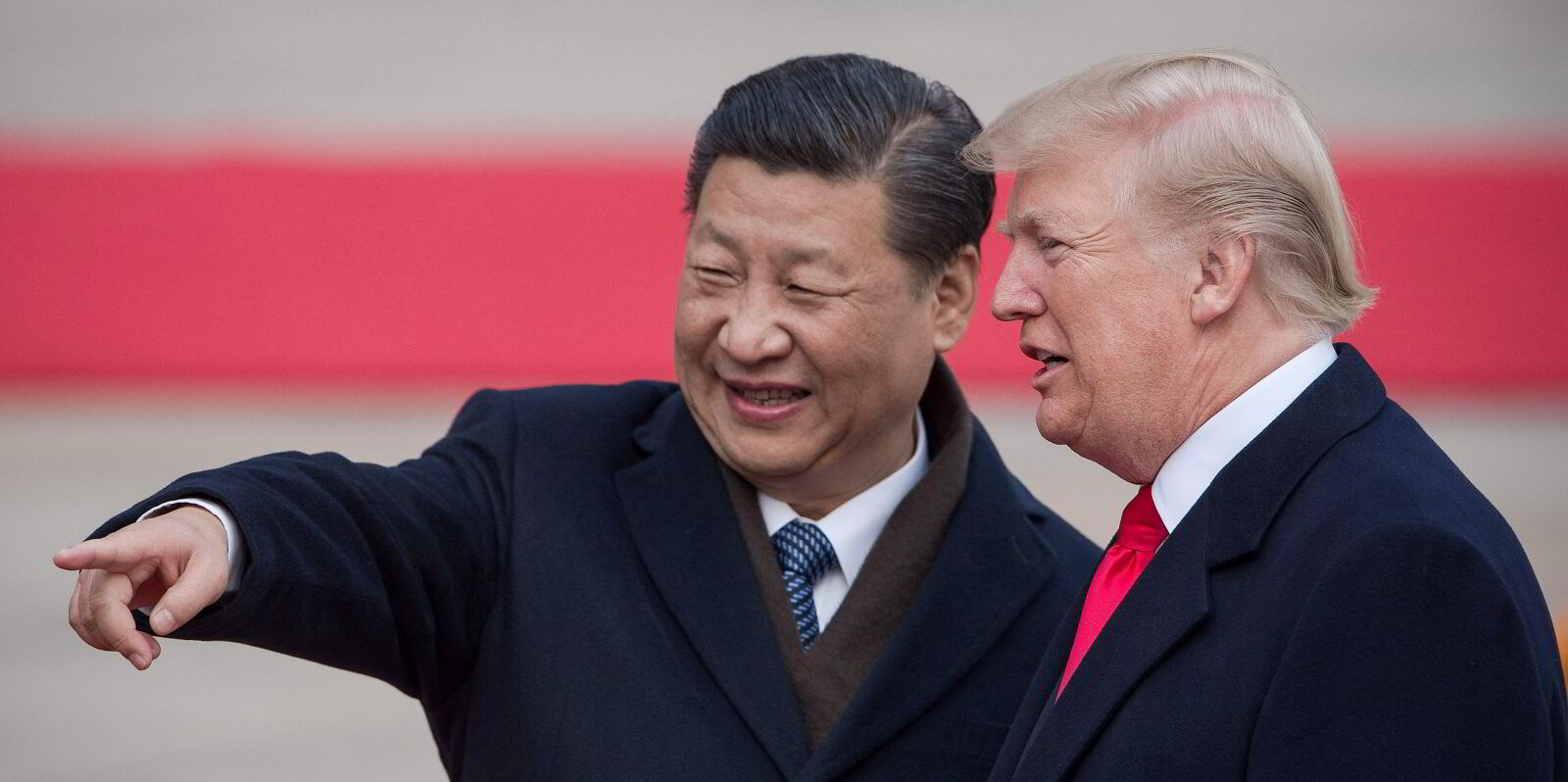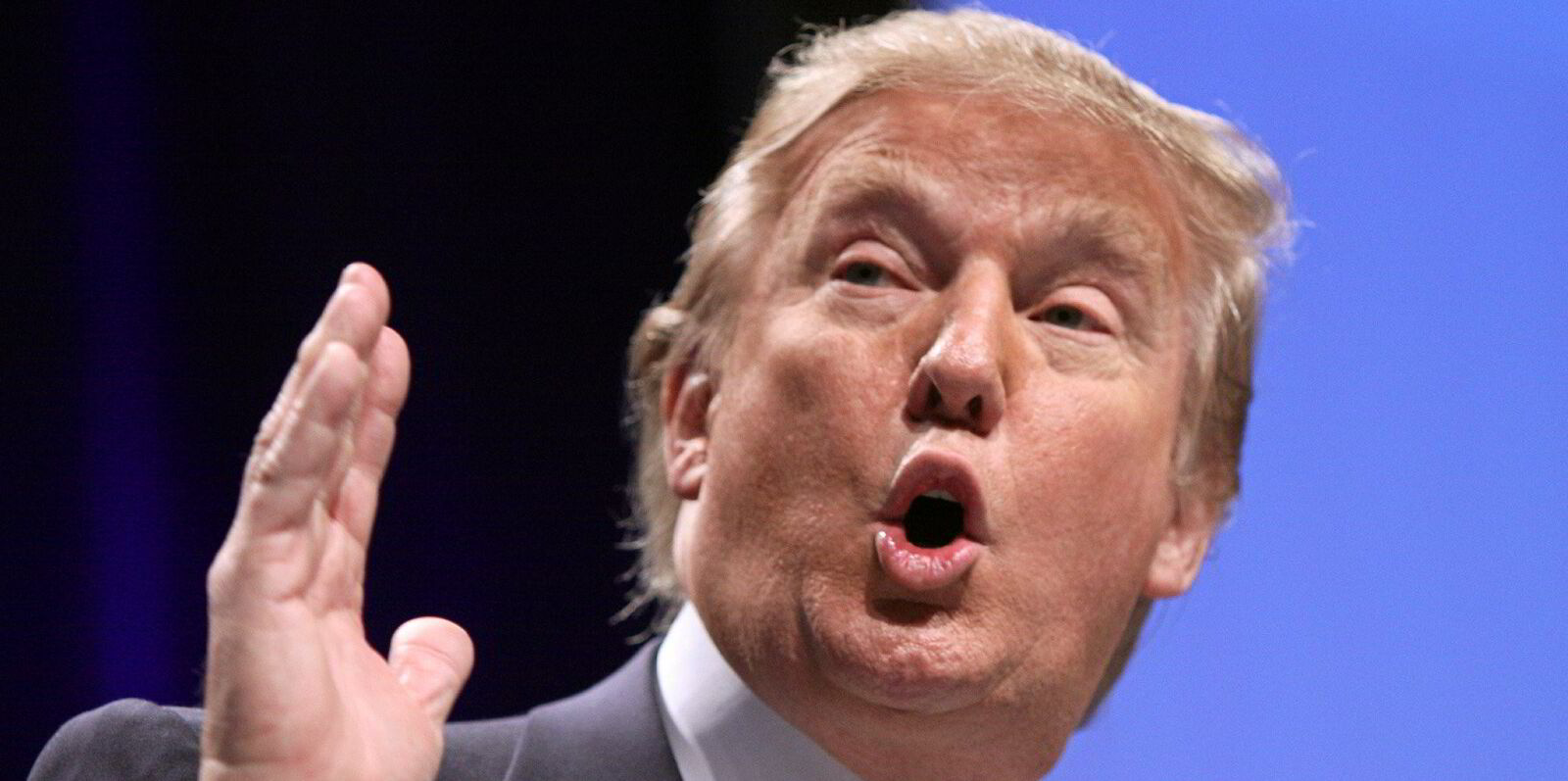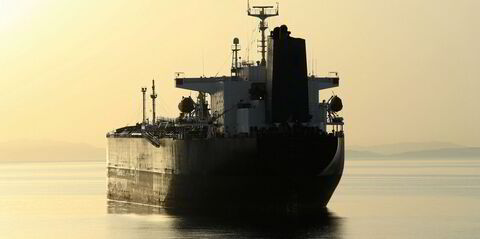Asian stocks rose cautiously on Wednesday morning as the region’s investors waited for the outcome of the US election and China’s upcoming economic stimulus package.
Benchmark stock indexes in Japan, South Korea, Singapore and Australia made small gains, although the result of the neck-on-neck US election will likely not be known during Asian trading hours.
Market watchers believe that the results of both landmark events will have a major impact on the Asian economy.
And both are intertwined.
The contents of China’s stimulus package, which is expected to be announced on Friday, will depend on who US voters pick as their next president.
Will it be Kamala Harris or Donald Trump?
Trump has promised he will impose a 10% to 20% across-the-board tariff on imports into the US, and in a major escalation of his trade war with China during his previous presidency, an additional 60% tariff on all imports from China.
China is already facing a 25% tariff on its steel exports under the Joe Biden administration, along with other Trump presidency tariffs on a variety of other Chinese exports.
S&P Global Platts said on Tuesday that if Harris is elected president, the market could expect policy continuity. However, if the presidency goes to Trump, the impact on China will be more severe.
“Market sources indicate that a US tariff escalation against China could further hinder China’s already slowed economic growth, potentially reducing domestic steel demand and worsening the overcapacity issue,” said S&P Global Platts.
“Market participants in China’s steel markets are also closely monitoring the country’s National People’s Congress meeting from 4 November to 8 November, anticipating fiscal stimulus announcements.”
Reuters predicts that any tariffs against China would result in retaliatory tariffs and shift Beijing’s purchases of US agricultural products elsewhere.
The US is a major supplier of corn and soybean to China, which would likely shift to suppliers in Argentina and Brazil.
“Economists say that Trump’s tariff plans, likely his most consequential economic policy, would push US import duty rates back up to 1930s-era levels, stoke inflation, collapse US-China trade, draw retaliation and drastically reorder supply chains,” Reuters said.





